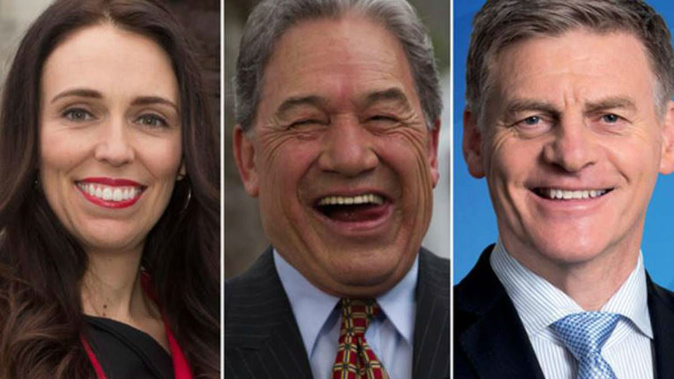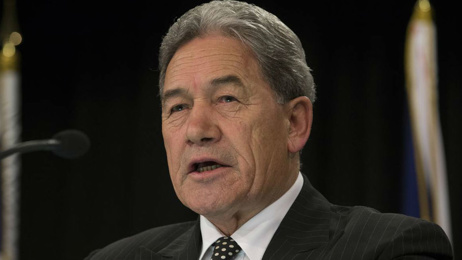
Audrey Young assesses three of the main options open to the New Zealand First caucus and council.
COALITION
• What is it?
Like a marriage, living and working together. It would mean New Zealand First being at the heart of government and literally sitting around the cabinet table with National or Labour. It would mean being involved in every major decision, and having to defend all decisions of cabinet no matter what the party's position before the decision was taken.
• For
It would mean ministerial posts within cabinet and greater power to implement the policy agreement hammered out in talks last week. It would mean greater involvement in the Budget process for the next three years. It would mean greater involvement in issues as they arose.
If the country prospered, and the government remained stable, and NZ First ministers did a good job, the party could campaign on its record at the next election.
• Against
It would mean having to take collective responsibility for cabinet decisions including the ones NZ First disagreed with. It could mean a loss of identity if the larger party did not give sufficient power and credit to the smaller partner.
CONFIDENCE AND SUPPLY WITH MINISTERS OUTSIDE CABINET
• What is it?
Like a marriage but living in different wings of the house. It would mean New Zealand First making a commitment to support either National or Labour to govern but keeping some distance from the larger party by preferring to keep out of the heart of government.
• For
It would give NZ First room to maintain its identity and to even criticise the larger party on some issues because it would not have to adhere to collective cabinet responsibility. It would give New Zealand First a lot of influence over government without having to take responsibility.
• Against
The freedom to criticise the larger party has been overrated because, in reality, it would be a rarity, lest it be construed as instability. That would leave New Zealand First with less power for only a theoretical advantage of distance. If the Government was unpopular, New Zealand First would be blamed anyway because it had chosen it. Less power to drive implementation of the policy agreement reached last week.
CROSS-BENCHES
• What is it?
Like a celibate engagement. Normally it means no favours to anyone. But in this case it would have to allow National or Labour to govern (by a commitment to abstention or opposing no-confidence motions) but have no ministers - and requiring the ruling party to get sign-off for any budget or supply issues.
• For
It could reduce the risk of New Zealand First becoming unpopular because it would have no ministers to muck up portfolios. It would spend its time ensuring the ruling party was implementing its commitments to NZ First policies and give it leverage for new demands during the term.
• Against
It could look like New Zealand First was using its power disproportionately by making the ruling party go cap in hand to it for every budgetary issue. It would look like the tail wagging the dog.
It may confuse the public - people would wonder why New Zealand First eschewed the chance to be in government when that is what it campaigned for.
Take your Radio, Podcasts and Music with you









